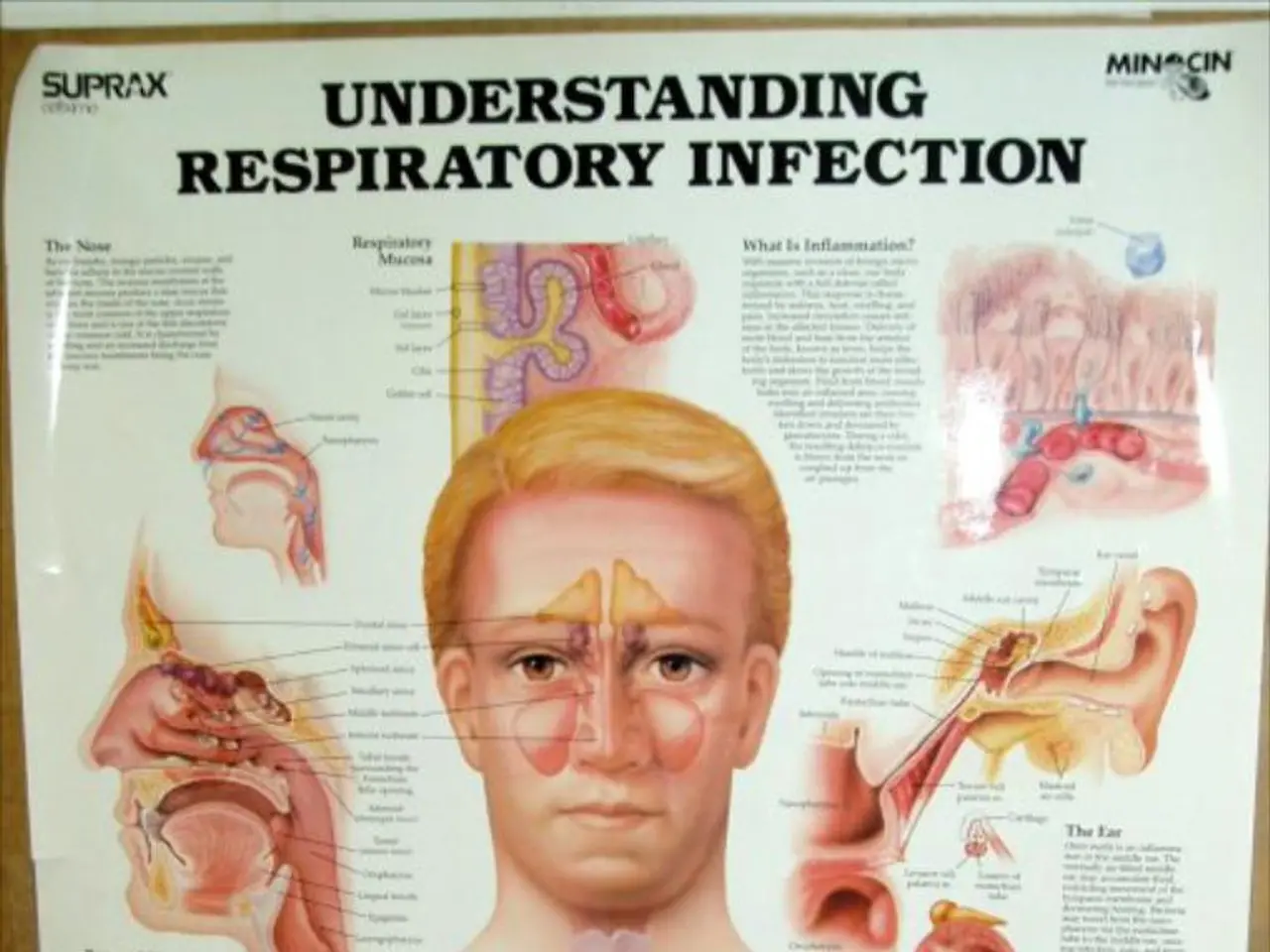Individual Autonomy and External Influence: Exploring the Balance of Personal Responsibility and Outside Factors
In the realm of personal development, the concept of locus of control has been a significant factor in shaping our understanding of how individuals perceive their ability to influence their own lives. This idea, first introduced by Julian B. Rotter in 1954, suggests that people view their destiny as either under their personal control or influenced by external factors.
Locus of control refers to the belief that one has control over their own life outcomes, known as an internal locus of control, or the belief that external factors dictate their lives, known as an external locus of control.
An internal locus of control, when cultivated, can lead to a multitude of benefits. People with an internal locus of control tend to exhibit higher resilience when facing adversity, greater intrinsic motivation, better psychological well-being, and the use of more effective adaptive coping mechanisms. These qualities contribute to healthier lifestyle choices, stress management, and a stronger sense of self-efficacy, or the belief in one's ability to influence outcomes.
Individuals with an internal locus of control are also less likely to succumb to learned helplessness, a state linked to feeling powerless and often associated with depression. Instead, they maintain a sense of control and agency, which empowers them to take proactive, health-promoting decisions and maintain the motivation and confidence necessary to achieve success across various life domains.
On the other hand, an excessive external locus of control can lead to a state of learned helplessness and a lack of assumption of responsibility. People with an external locus of control are characterized by mental weakness, lack of social skills, ease in being defeated, lack of will to do things, dependence on others, and difficulty in making decisions easily.
It is essential to be aware of the locus of control that should be applied to each situation to adapt and evolve in life. For instance, recognising that some situations are beyond our control can help us avoid unnecessary stress and frustration. Conversely, understanding that we have the power to influence many aspects of our lives can inspire us to take action and strive for success.
In conclusion, cultivating an internal locus of control can empower individuals to take proactive, health-promoting decisions and maintain the motivation and confidence necessary to achieve success across various life domains. This concept is closely linked to other related ideas such as self-control, impulsivity, narratives for employment and self-regulation, mind control, attributional styles, and mood. By understanding and applying the principles of locus of control, we can better navigate our lives, overcome challenges, and ultimately, achieve our goals.
- In the realm of education and self-development, understanding locus of control can promote personal growth, as it helps individuals realize their ability to influence outcomes, thus fostering resilience, mental health, and effective coping mechanisms.
- Health-and-wellness is deeply connected to an internal locus of control, as individuals with this belief tend to make healthier lifestyle choices, manage stress more effectively, and have a stronger sense of self-efficacy, contributing to their overall well-being.
- While recognizing that certain situations are beyond our control is crucial for avoiding stress, it is equally important to understand that we have the power to influence many aspects of our lives, leading to success, proactive decision-making, and self-improvement in various life domains, such as employment and personal development.




